Why talking about emotions is good and how you can help
Posted on 10th December 2020 at 15:39
One of the things that struck me when I began training as a counsellor was how much people carry inside whilst going about their daily business, often wearing a smile. I was amazed how going around the circle during check in (an open space at the start of each class where we could talk briefly about our week and how it had affected us emotionally in both positive and negative ways). I would hear my colleague’s stories of excitement, joy, hope, but also of emotional pain, anxiety, loss, anger, disappointment, sadness.
What surprised me most was that to look at them you wouldn’t have been able to tell. As a human race we have perfected the art of looking like we have it all together whilst on the inside we are struggling.
We wear positive emotions more easily on our faces and in the way we carry ourselves perhaps because it’s more socially acceptable. People generally feel comfortable around a person who is in a ‘good’ mood and often feel uncomfortable around someone who is in a ‘bad’ mood. Even the phrases ‘good’ mood and ‘bad’ mood feed into the idea that there is something wrong with us for feeling negative emotions. Therefore, we cover them up with a smile when we are in the company of others, whilst inside we might feel like we are emotionally dying. This is perhaps easier to understand with acquaintances or work colleagues, but people can often feel alone in their troubles even with family or friends.
So, who is to blame?
Is it the fault of the media or is it something that is just ingrained within us as humans?
From an early age, phrases from well-meaning adults such as ‘don’t cry’, ‘don’t be sad’ condition us to try and get over our negative feelings as quickly as possible and also send out the message that these feelings are not acceptable.
Consider, in the eyes of society a happy person is generally considered more attractive and is therefore more accepted. You only have to look at social media for examples of that in action. How many people post pictures of themselves in their darker moments, crying, sad or angry? I guarantee, not that many.
You could argue that a person wouldn’t feel like taking their picture and posting in when aren’t feeling good about themselves, or they are feeling anxious or depressed. While this is understandable it perpetuates the idea that people are more likely to love and admire you when you are exuding happiness, and that feeling anything less than that is something to hide and be ashamed of.
Shame can cause a person to cover up how they are feeling. They may also feel that they don’t want to burden others when they are struggling and so they keep their feelings to themselves and try to cope on their own. The problem with this is that it can lead to a person isolating from others. This can inevitably end up making them feel worse because as humans we are wired for connection with others.
If we all experience negative emotions at one time or another, are we really less accepting of someone feeling sad, anxious or depressed around us or is it something else? Here are a few reasons for why it is this way:
Discomfort
Although it’s more widely acknowledged today than historically, stress and mental health issues (including anxiety and depression) in others is still something that many people don’t know how to deal with even if they want to help.
Feeling powerless to help
It’s human nature to want to help those we care about and when it comes to a loved one’s emotional state, not knowing how to ‘fix’ it can lead to feelings of helplessness, feeling like a failure for not being able to help. So, it may feel easier to avoid trying by just ignoring it. In some cases, it may even cause a defensive reaction such as irritation or anger towards that person as a way of coping with it.
Fear of contagion
Although consciously we know we cannot ‘catch’ someone’s low mood, I believe that on a subconscious level there may be an element of fear that someone’s low mood may rub off on us.
Dealing with our own issues
We all have things that affect our moods and emotions adversely at times.
Sometimes we are trying to ‘keep it together’ ourselves and may feel overwhelmed trying to deal with what someone else may be going through in addition to that.
Denial (the Ostrich approach)
We may hope that if we ignore it, it will go away.
How to help someone who is stressed, anxious or depressed?
One of the most important ways to help others is to be compassionate and accepting to those around us. The definition of compassion is “to recognize the suffering of others and then take action to help. Compassion embodies a tangible expression of love for those who are suffering”. I think it’s important to realise that if we are aware that someone, we care about is having a bad day, feeling low, or anxious or suffering from depression, the best thing we can do is to be there for them. This could be by letting them know you are available to provide a listening ear or may be to simply just sit with them.
We are all on this journey of life together and we are all going to have highs and lows so let’s have more compassion for each other. We never know what’s going on behind the mask a person wears, and we never know how a kind word might encourage and lift a person’s day, or how an unkind word, look or an action might be the ‘straw that broke the camel’s back’.
If you are currently going through struggles of your own or you are wondering how to help someone close to you, I urge you to reach out and talk to someone. This may be a family member, a friend or a counsellor or a charitable organisation:
Please see some resources below:
Samaritans (Offers a safe space to talk anytime day or night)
Samaritans phone number: 116 123 (freephone number) call anytime, day or night
Samaritans email address: jo@samaritans.org (24-hour response time)
Supportline (for confidential emotional support)
Supportline Helpline: 01708 765200
Supportline Email: info@supportline.org.uk
If you would like to explore counselling, other talking therapy or coaching we are here for you at Wellbeing Centre London, so please contact us on 07942 626960 or by email contact@wellbeingcentrelondon.com.
We provide a Free 15 minutes confidential conversation to help you find the right practitioner to work with.
Sessions are held Online, via Phone or Face to Face at our therapy room in Putney Bridge, Fulham, South West London.
Caroline Lazarus is an Integrative Counsellor which means, she draws on both the person centred and psychodynamic approaches to counselling. She believes the past, especially our relationship (or lack of relationship) with our parents/caregivers shapes the person we are today.
Each person is unique and one size doesn’t fit all, so Caroline draws on elements of Cognitive Behavioural Therapy, Emotional Freedom Technique and Gestalt therapy to help per clients tackle the issues that are getting in the way of their happiness and are stopping them from living their best life.
Share this post:


